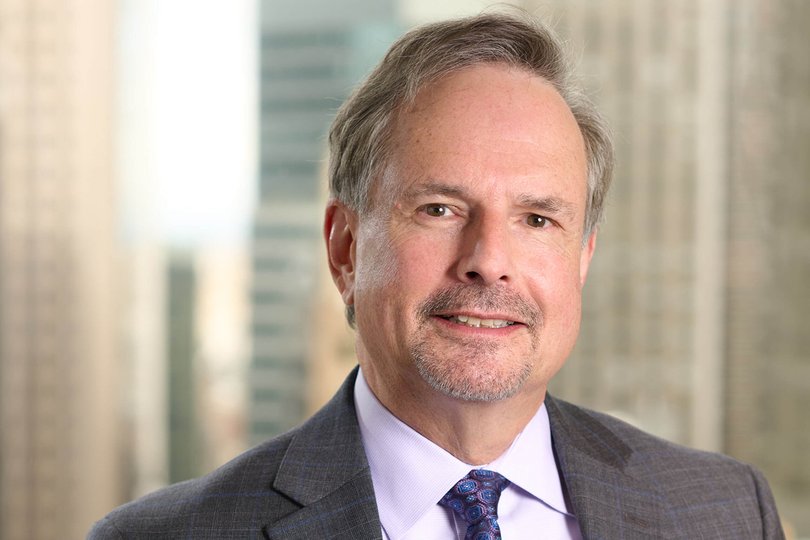
The news of the pardon granted to Mikhail Khodorkovsky, the amnesty for twenty thousand prisoners, and the $15 billion bailout to Ukraine are not merely one-offs by President Vladimir Putin to soften Russia's image before the Sochi Winter Olympics. They are part of a concerted effort to improve perceptions about Russia at home and abroad. The fact that the good deeds made possible by presidential decrees were intended to correct President Putin's own misdeeds does not make them less significant or less appreciated. True to the American spirit, Russia and its president deserve a second chance. The question, of course, is what comes next.
The argument that Russia must improve its image is based on several factors. First among them is the sluggish economic performance and slow growth projections for the coming year. Russia needs internal reform and restructuring, but more importantly, it needs foreign investment and both the retention of Russian capital at home and its repatriation from abroad. Second, is the likely desire on the part of President Putin and those around him to sustain their nation’s momentum in international diplomacy, gained through brokering a deal to dismantle Syria's chemical weapons and avert a military strike against Bashar al-Assad’s regime. Staying in the global limelight requires for Russia to cultivate an image of wisdom and effectiveness. And lastly, Russia needs continued expansion of trade, particularly with its neighbors. Russia's history of negative standing in much of the former Soviet space necessitates cautious and benevolent actions, tempered with realpolitik. The Ukrainian bailout and the resistance to bringing a political dimension to the Customs Union Russia seeks to enlarge by adding Ukraine, Armenia and Kyrgyzstan to Kazakhstan and Belarus, is as much an image-making move as it is an economic maneuver.
But while President Putin and his apparatus are working to reshape Russia’s image, they should recognize that actions from the top go only so far in influencing opinions. Perceptions about countries are formed through behaviors that are supported from within and envied from outside. The recent positive gestures, or the replacement of the RIA Novosti news agency with one better suited to project a defined image of Russia will not fully address Russia's dilemma and strengthen its soft power. In the absence of respect in Russia for the rule of law, democratic principles, tolerance for diversity, and national inclusivity, Putin and Russia will continue to be viewed with mistrust and suspicion.
As we approach the Sochi Olympics, let us recall the different images projected by Beijing and London in the last two summer games. Beijing chose to emphasize China's strength by showcasing a million of its citizens working as a single unit. By contrast, London let a thousand flowers bloom. Let us hope that Sochi will convey a gentler, kinder Russia. And let us wish that the New Year will show a different mindset in the Russian leadership, one that puts a premium on the strength of its people, rather than the authority of its president. That will require altering the social contract of Russian politics and dismantling much of the vertical power that President Putin worked so tenaciously to construct. That, in turn, will give him and Russia a real second chance to improve Russia’s image at home and abroad.


